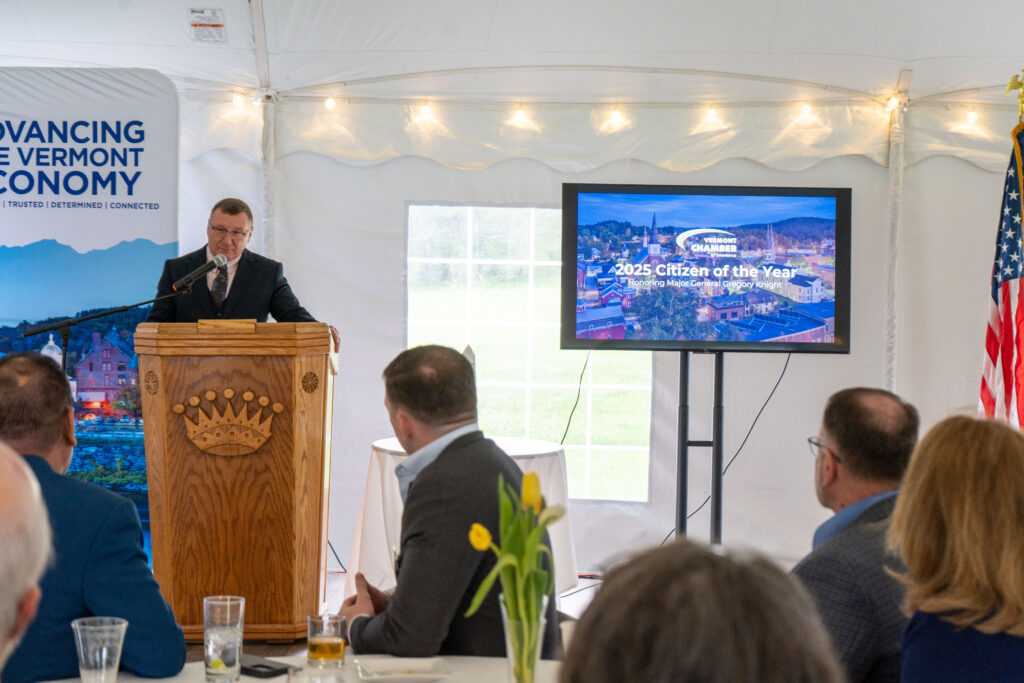Senate Moves Fast to Save Housing Program for Rural Vermont
In a decisive move to preserve one of Vermont’s most promising housing tools, the Senate unanimously passed a refined version of the Community and Housing Infrastructure Program (CHIP) as part of the H.479 housing bill. By suspending procedural rules to expedite action, the Senate demonstrated a clear commitment to addressing the state’s escalating housing crisis, particularly in rural regions where affordability and infrastructure deficits hinder growth.
The Vermont Chamber previously raised concerns that changes proposed by the House Ways and Means Committee would overcomplicate CHIP, layering in constraints that could deter use and stall implementation. Though intended to be protective, these added constraints risked undermining the program’s usability, turning a proactive housing measure into a bureaucratic obstacle at a time when fast, effective solutions are critical.
In contrast, the Senate’s approach in H.479 restores clarity, and flexibility to the program, offering a practical path forward for communities across the state. Key improvements include:
- No Prescriptive Housing Ratios: H.479 avoids setting rigid thresholds on the proportion of a development that must be allocated to housing. This allows communities to pursue projects that suit their needs, such as converting underused public buildings or creating vibrant mixed-use centers.
- Enhanced Local Revenue Retention: Municipalities may retain up to 80% of the education property tax increment for 20 years under H.479. This enhanced retention is essential for making infrastructure investments viable, especially in areas where development margins are narrow.
- Realistic Infrastructure Eligibility: H.479 maintains consistency with the types of infrastructure already eligible under Tax Increment Financing (TIF), such as water, sewer, roads, and site preparation. This contrasts with the House version, which narrowed eligibility and risked sidelining critical projects.
- No Annual Cap: The Senate’s version does not impose a $40 million annual limit on CHIP funding. This decision ensures smaller, under-resourced towns won’t be crowded out by early, well-funded applicants and can access funding when they’re ready.
- No Sunset Clause: H.479 does not include a sunset provision, giving rural communities the time needed to develop thoughtful, collaborative proposals. A sunset provision would have created unnecessary urgency and inequity.
- Avoiding a Burdensome “But-For” Test: The bill also omits the controversial “but-for” requirement, a subjective hurdle ill-suited for the current housing crisis. This change aligns with feedback from the House Rural Caucus as one of the most problematic elements of the program and supports common-sense development practices.
With consensus lacking in the House, the Senate’s united action sends a strong message: Vermont cannot afford to delay when it comes to addressing its housing emergency. This proposal offers real solutions that communities can access and implement without unnecessary red tape or artificial barriers.
The Vermont Chamber urges the House to seize this opportunity for collaboration. The Senate version offers a policy framework rooted in urgency, flexibility, and economic realism, values that should transcend political silos.



